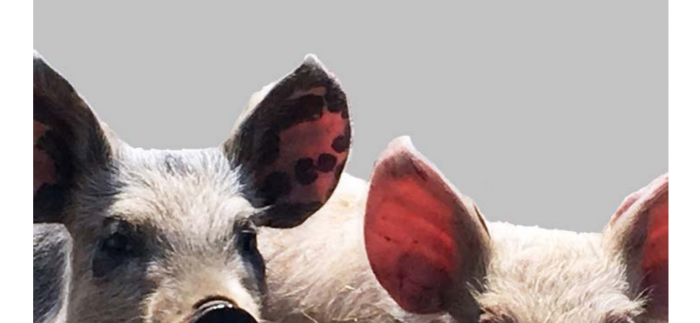The new Code of Practice for the Welfare of Pigs in England will come into force on March 1.
The draft Code was published in September 2019, but has had to go through a parliamentary process, which was delayed by the election, before it becomes law. This has now been completed, with March 1 set as the date that it will become law.
There will be transition periods for producers to make any necessary changes in order to meet the Code’s requirements. The NPA and the Pig Veterinary Society (PVS) will meet with Defra soon to discuss how it interprets the Code and the transition periods, which are yet to be agreed.
The Code is Defra’s interpretation of existing welfare legislation and is designed help keepers to maintain the standards required to comply with the relevant legislation. It sets out enhanced guidance in a number of areas, including:
- Improved practices on how to prevent tail biting, with a focus on avoiding the need to dock pigs’ tails.
- Detailed guidance on enrichment attributes and acceptable combinations that should be used.
- Greater emphasis on record keeping, especially related to tail biting incidence, prevention measures and proactive action taken including a requirement to record light levels and monitor environmental gasses.
- Defra’s intention to move towards a future where farrowing crates are no longer needed and advice on free farrowing pens.
- Greater focus on correct handling procedures for pigs.
The new Code was developed in consultation with the NPA and other industry bodies, as well as welfare NGO’s, before it was signed off by the Farm Animal Welfare Committee.
NPA senior policy adviser Rebecca Veale said: “The Code is the Government’s interpretation of the law, therefore producers must comply with it – we urge all producers to download, read and understand the Code.”
The NPA will be discussing the Code’s requirements at its Spring Regional meetings for members (dates can be found on the NPA website).
You can view the Code here
Although the code is for guidance purposes, it specifically states that not complying with the legislation quoted in the boxes within the Code is an offence and that in cases that go to court for prosecution, whether someone has met the requirements of the Code, or not, can be used to help establish or disprove a person’s liability.
The new code will also be used by enforcement bodies, including Animal and Plant Health Agency inspectors and local authorities, when investigating allegations of poor welfare to look at whether animal welfare standards are being met.
The Pig Welfare Code applies to England only, although devolved administrations will aim to align their new codes as closely as possible to Defra’s.




